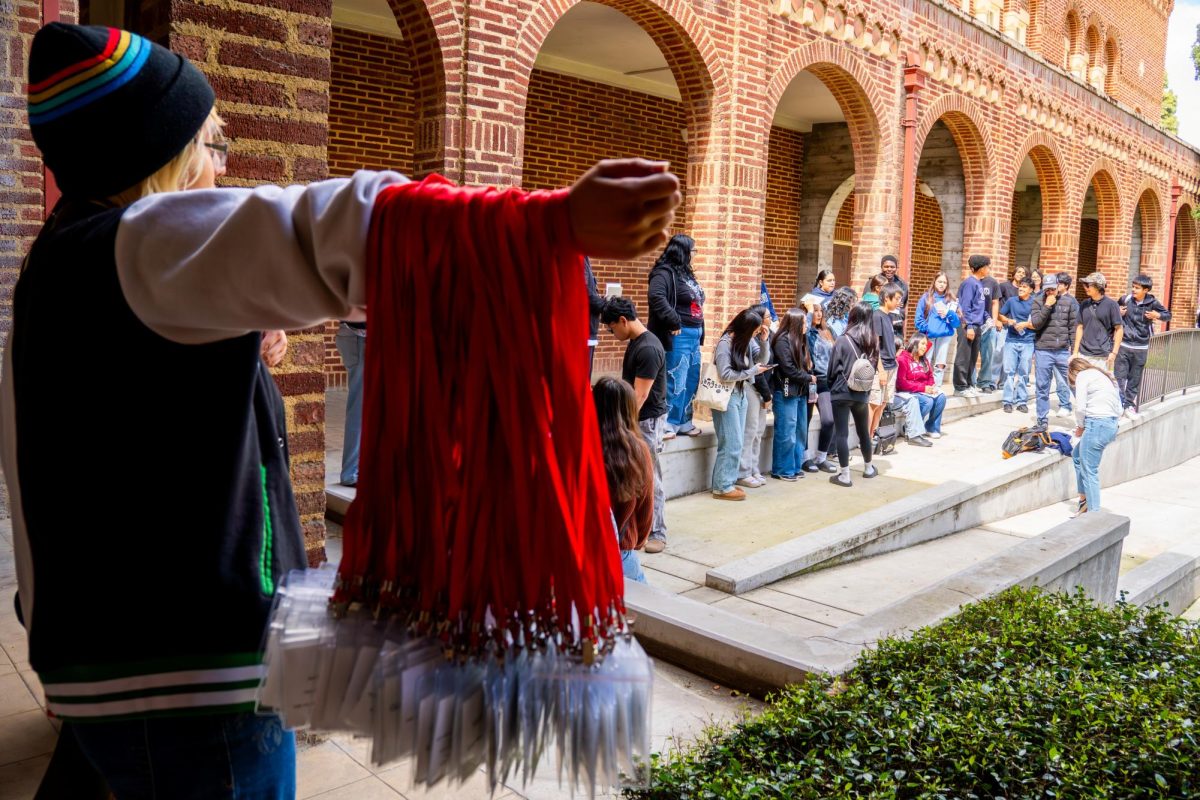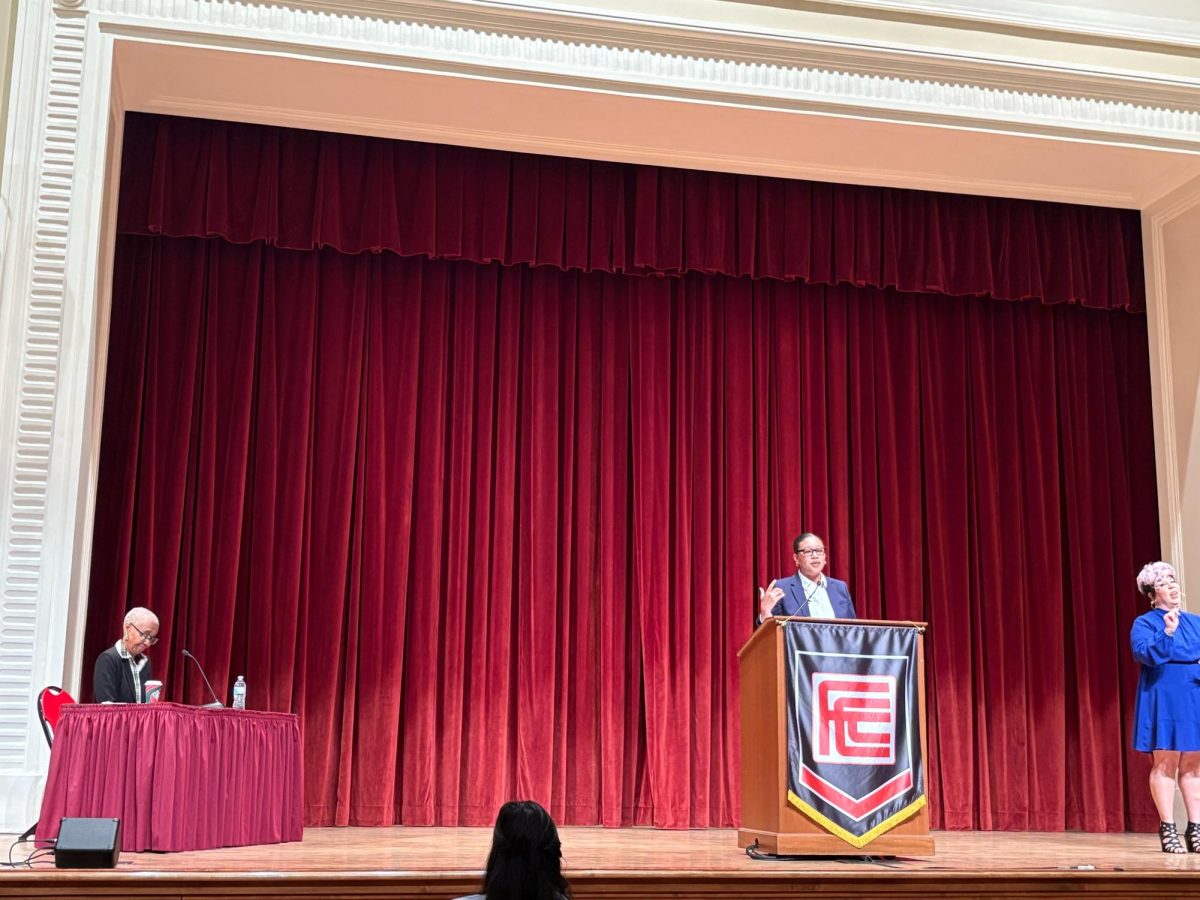Fresno City College health science instructor Dr. Brad Lopez is advocating a 16-week semester for the State Center Community College Districts’ multi-campus system.
Lopez’ proposal would shorten by two weeks, the California community colleges’ traditional 18-week semesters. Contact hours between instructors and their students would stay the same but the duration of individual class sessions would be extended.
As of 2008, 54 of California’s 141 community colleges were on a compressed schedule. Three of those were on quarter system, comparable to that used by UCs.
Lopez said that a shortened semester would benefit students and help the college save money.
“This opens up time between semesters. Not only summer, but in the winter. … There was a time 15 years ago we did that. We had short-term classes between fall and spring semester. A couple of my students told me if it hadn’t been for that they would’ve had to go another semester just to take one or two classes to graduate.”
“They save money on gas because they don’t have to go to school that often, and for families, they save money on babysitting. Plus it gives them more time to work part time so they can pay for increased tuition. I think it’s paramount that students be surveyed.”
Reedley psychology instructor, Lacy Barnes, president of the California Federation of Teachers, SCFT Local 1533 said that the district is open to exploring the idea. “It’s not just about faculty teaching X number of hours but also about services provided to students and instructional support.”
Dr. Lopez said he was initially skeptical but having taught eight week summer courses, was confident his lesson plans would not need to be changed drastically. In 2008, he adjusted his lesson plans to fit the 16 week model. He said he helped his students cope with the the slightly faster paced class converting his lectures to PowerPoint presentations and encouraging study habits by providing handouts of the presentations students could make notes on, and encouraging them to highlight parts of their textbooks during lectures.
In 2009, a task force from the Santa Rosa Junior College All Faculty Association and Academic Senate explored the possibility of a compressed semester at their college. Their investigation overall found benefits to students and faculty.
The Santa Rosa report showed that students had a 1-2 percent increase in success rates; they used the winter intersession and completed their programs faster, and were able to transfer more smoothly. Faculty and administrators appreciate the additional time to prepare for classes, process grades, and bring closure to previous term activities before the start of the next academic term. Additionally, the 16-week semester aligns more closely with the UC and CSU formats.
California Code of Regulations defines a college year as July 1 through June 30 and is not opposed to a 16-week semester. An academic year is 175 days of instruction, excluding summer, winter, or other intersessions. A district cannot adopt a schedule with less than 32 weeks of instruction during an academic year. These polices limit the minimum semester length to 16 weeks.






